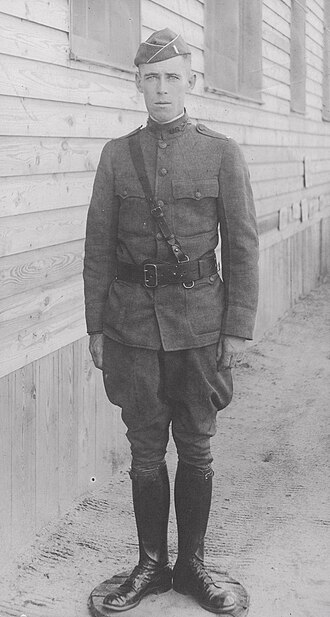Discover Your Roots
SIGN UPDiscover Your Roots
SIGN UPEllard is a distinguished male name of English origin, meaning "Noble And Brave." It is both a surname and a given name, with a rich history in Ireland and England. The name has been associated with notable individuals, including Brian Ellard, a Canadian educator and conductor, and Henry Ellard, a former American football wide receiver. Notable figures with Ellard as a given name include Ellard O'Brien, a retired Canadian professional ice hockey player, and Ellard A. Walsh, a U.S. National Guard and Army officer. The name's significance reflects qualities of nobility and courage, embodying a strong and honorable character. Additionally, Ellard is associated with Bayley-Ellard High School, a Roman Catholic secondary school in Madison, New Jersey. Overall, Ellard carries a noble and brave essence, making it a meaningful choice for those seeking a name with a proud heritage.

Major General Ellard A. Walsh (October 3, 1887 – August 1, 1975) was a pivotal figure in the U.S. Army National Guard, widely known as the "father" of the modern National Guard. Born in Ottawa, Ontario, Canada, Walsh's family moved to Minnesota when he was young. He attended the University of Minnesota before embarking on a diverse career path that eventually led him to the Minnesota National Guard. During World War I, he rose through the ranks and played a significant role in the reorganization of his unit post-war. Walsh's leadership skills and administrative prowess catapulted him to the position of Adjutant General of Minnesota, and he also served as president of the National Guard Association of the United States.His influence continued to grow, and he was instrumental in establishing Camp Ripley in 1930. Walsh's leadership was put to the test during the Minneapolis Teamsters Strike of 1934 and the aftermath of a tornado in Anoka, Minnesota in 1939. As the specter of World War II loomed, Walsh's 34th Infantry Division was activated and underwent rigorous training in Louisiana. Despite his chronic health issues, Walsh's dedication to his duties was unwavering. His legacy as a pioneering figure in the modernization of the National Guard and a respected military leader endures to this day.




All images displayed on this page are sourced from Wikipedia or Wikimedia Commons.We use these images under their respective Creative Commons or public domain licenses. Wherever applicable, author attributions and license information are provided. If you believe an image is used incorrectly or outside its license terms, please contact us so that we can review and correct the issue.